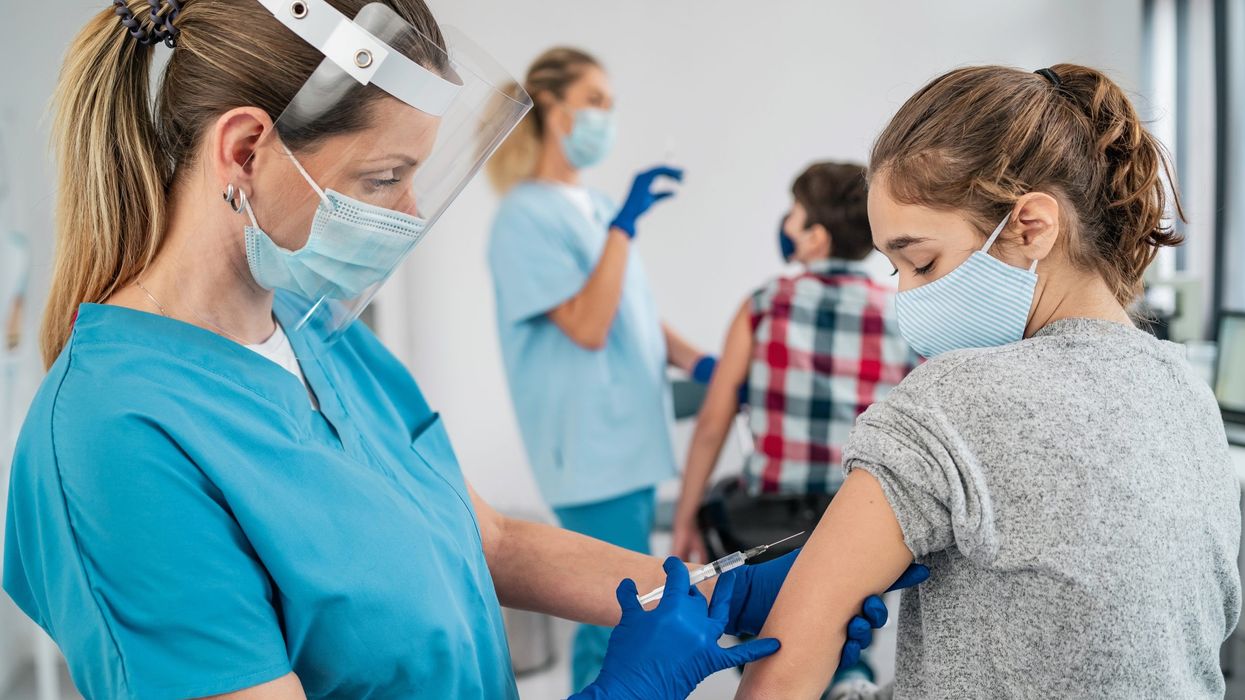Deaths due to severe antibiotic resistant infections have also increased in the country
The UK Health Security Agency (UKHSA) has published the latest national surveillance data on antibiotic prescribing and resistance.
The English surveillance programme for antimicrobial utilisation and resistance (ESPAUR) report showed an increase in antibiotic use in all settings (apart from dental) in 2022.
According to the report, antibiotic prescribing rose by 8.4 per cent in 2022 compared with 2021, although the number remains below 2019 pre-pandemic levels.
“There are many reasons behind the increase in prescribing, one of which is likely related to decreased immunity and exposure to infections during the COVID-19 pandemic that may have underpinned the increased transmission in co-circulating infections, namely: influenza (flu), respiratory syncytial virus (RSV) and group A streptococcus (GAS),” the report stated.
An estimated 58,224 people in England had an antibiotic-resistant infection in 2022, an increase of 4 per cent since 2021 (55,792).
There were 2,202 deaths due to severe antibiotic-resistant infections in 2022, compared to 2,110 deaths the previous year.
Commenting on the report, Professor Dame Jenny Harries, Chief Executive of UKHSA, said: “Antimicrobial resistance is not a crisis of the future, but one that is very much with us right now.
“We expect that if we get a bacterial infection, an antibiotic will be available to treat us – but sometimes, already, that is simply impossible. Unless action is taken the availability of life-saving treatments will only diminish and our ability to drive down infections will decrease, most likely impacting those in the poorest social circumstances worst,” she added.
Side effects of inappropriate and excessive antibiotic use
The health agency has cautioned that inappropriate and excessive antibiotic use can increase the risk of the emergence of antibiotic-resistant bacteria and deaths related to these infections.
“Antibiotic-resistant bacteria are less likely to respond to treatment, causing serious complications, including bloodstream infections, sepsis and hospitalisation,” it said.
Further, the report cited increases in antibiotic resistance in some bacteria, particularly Klebsiella pneumoniae, which can cause sepsis.
The bacterium is becoming increasingly resistant to a range of antibiotics traditionally used as first line treatments, including third generation-cephalosporins and piperacillin with tazobactam.
Asian or Asian British ethnic groups had almost double the proportion of antibiotic-resistant infections (34.6%) compared to white ethnic groups (18.7%).
People who get a bacterial infection that is resistant to one or more antibiotics are more likely to die from their infection compared to those who have an antibiotic sensitive infection.
Hence, the agency has warned people to “take antibiotics only when they are prescribed and necessary for the condition.”
How you can help keep antibiotics working
Professor Harries suggested two things that everyone can do to help keep antibiotics working.
- First, you can help reduce or prevent infections by taking simple steps like staying away from vulnerable people if you are feeling unwell, washing your hands regularly and keeping rooms ventilated.
- Second, only take antibiotics if you have been told to do so by a healthcare professional, and do not save some for later or share them with friends and family.
The professor also reminded people that “antibiotics will not work for viruses such as cold, flu or COVID-19.”












